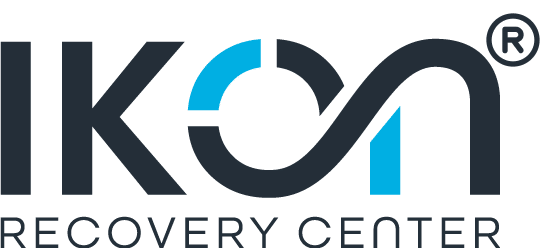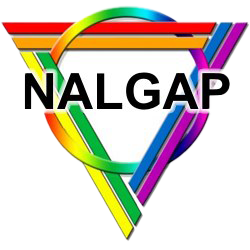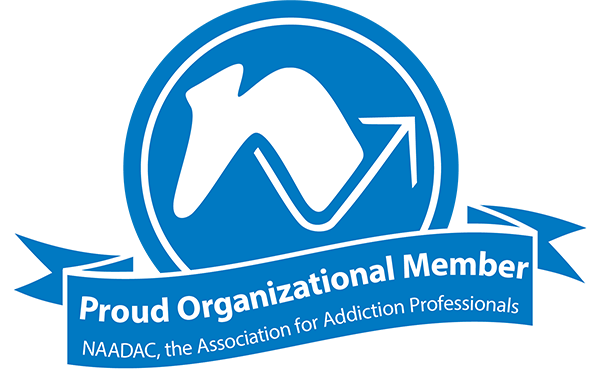Overcoming dependence on crack is essential to regaining control of your life. However, the detox process is known to be extremely challenging. It requires you to navigate intense and debilitating withdrawal symptoms for some time while your body and mind get used to life without the drug. A professional medical detox program is an essential tool and will help pave the way for a successful journey toward recovery from crack dependence.
Crack Addiction: Treatment, Signs of Use, and Addiction Symptoms
Key Points:
- Crack cocaine is a form of cocaine that is made by processing cocaine hydrochloride with baking soda and water to create small rocks or crystals. When smoked, the crystals produce a rapid and intense dopamine-driven high.
- Physical symptoms of crack abuse include dilated pupils, increased heart rate, insomnia, weight loss, headaches, and tremors.
- Behavioral signs of crack addiction include preoccupation with obtaining crack, neglecting responsibilities, secretive behavior, and potential legal issues if caught.
- Crack withdrawal symptoms may include intense cravings, fatigue, increased appetite, depression, anxiety, mood swings, agitation, difficulty concentrating, tremors, muscle aches, headaches, sweating, and sleep disturbances.
- Successful detox from crack often requires the intervention and supervision of medical professionals to monitor vital signs, manage symptoms, and provide medications. Supportive care includes nutrition, hydration, rest, and behavioral therapies like cognitive-behavioral therapy (CBT) to prevent relapse.
What Is Crack?
‘Crack’ is shorthand for crack cocaine. Crack cocaine is a potent and highly addictive form of cocaine made by processing cocaine hydrochloride with baking soda and water.[1] This process gives the cocaine a crystalline form that can be smoked.
Crack cocaine typically takes the form of small, irregularly shaped rocks or crystals that are usually white but can sometimes appear in shades of light pink or yellow.
Crack Addiction and Abuse
Crack cocaine is smoked in some sort of pipe. Smoking the drug produces a short-term but very intense high that typically only lasts for a few minutes.[2]
The euphoric high produced from crack use is very powerful. It usually provides increased energy and a strong sense of confidence. Due to the rapid and intense effect of the drug, as well as its high propensity for tolerance and abuse, crack cocaine is classified as a Schedule II substance in the United States.
Symptoms and Signs of Crack Use
Crack cocaine abusers often exhibit a wide array of physical and behavioral symptoms and signs of crack addiction, including: [3]
- Physical symptoms: There are several physical signs someone is on crack. Those who use crack may exhibit dilated pupils, increased heart rate, elevated blood pressure, and elevated body temperature. You may also have insomnia or irregular sleep. This often leads to fatigue and poor health. Loss of appetite is another common symptom of crack abuse—a lower appetite results in noticeable weight loss over time. Crack cocaine use can cause physical symptoms like headaches, tremors, or twitching muscles. Crack cocaine use can lead to respiratory issues like constant hacking and coughing.
- Behavioral symptoms: The behavioral and psychological symptoms of crack cocaine addiction often make interfacing with the outside world a more and more difficult proposition. If addicted, you may become obsessed with procuring and using crack cocaine, often at the expense of your responsibilities at work, school, and your household. This behavior may result in your isolation from loved ones and the use of secretive behavior to hide your addiction. Financial problems may be another indicator of crack use due to the high cost of the drug. This can lead to desperate actions to fund your habit, like theft. Mood swings, irritability, agitation, anxiety, and paranoia are also very common. Depending on how severe your use is, you may even experience hallucinations or delusions.
- Social signs: Crack addiction can have a hugely negative effect on your relationships. You may find yourself withdrawing from your normal activities and hobbies and choosing to spend time with new acquaintances who also participate in drug use. This shift in social circles could lead to alienation from your family and friends. Legal issues may also arise as a consequence of drug-related activities, as crack possession is illegal in the United States.
- Physical and mental health decline: Crack can cause your health to deteriorate quickly and severely. Poor hygiene and neglect of personal appearance are common due to the drug’s negative effects on your priorities, routines, and focus. Malnutrition and lack of adequate sleep can make you more susceptible to illness. Plus, cognitive functions such as memory and attention may decline over time.
Crack Quick Reference Chart
Drug Category
Commercial & Street Names
DEA Schedule
Administration
Symptoms of Crack Withdrawal
The withdrawal symptoms from any type of substance abuse can be very intense and challenging, and crack withdrawal is no different. Here are some of the symptoms commonly associated with crack cocaine withdrawal:[4]
Cravings
One of the most difficult symptoms of crack cocaine withdrawal is the intense cravings for the drug that manifest. These cravings can be overwhelming and may persist for a long time, even after you stop using.
Agitation
Withdrawal from crack can cause agitation, restlessness, and difficulty concentrating. This can be incredibly frustrating, which may exacerbate your agitation even further.
Crash Phase
After the initial withdrawal symptoms subside, you may go through what’s known as a “crash” phase of your withdrawal period. This part of withdrawal is characterized by deep exhaustion, mood instability, and a high danger of relapsing.
Fatigue and increased appetite
As the stimulating effects of crack cocaine wear off, you may experience deep fatigue as well as a resurgence in your appetite. You may also feel lethargic and have difficulty finding pleasure in activities you once loved.
Sleep disturbances
Insomnia or disturbed sleep patterns are typical during withdrawal. You might have difficulty falling asleep and staying asleep, which can compound feelings of fatigue and irritability.
Depression
Feelings of depression, anxiety, and irritability are very common during crack cocaine withdrawal. You’re also more susceptible to severe mood swings and may struggle with feelings of extreme sadness and hopelessness.
Physical Symptoms
You may grapple with extreme physical symptoms such as tremors, muscle aches, headaches, and sweating during withdrawal from crack cocaine.
When You Need Help
If you or a loved one is fighting a battle with dependence or addiction to crack, know that professional help is available. Our addiction treatment centers offer a range of programs and therapies with custom treatment plans designed specifically for you. Admitting the need for help is the first step toward recovery.
Frequently Asked Questions about Crack Addiction Treatment
What detox treatments are available for crack addiction?
Successfully detoxing from crack is a multi-step process. It requires the immediate management of withdrawal symptoms as well as preparation for ongoing addiction treatment.
Here are the common approaches and treatments used during crack detoxification:
- Medical supervision: Detox from crack frequently begins under medical supervision, especially if you struggle with severe addiction or suffer from extenuating health conditions. Medical professionals will monitor your vital signs, manage withdrawal symptoms, and provide medications that help ease your discomfort and reduce your cravings.
- Supportive care: During detox, you may receive supportive care to manage dangerous symptoms such as fatigue, insomnia, and agitation. This means ensuring you have the proper nutrition, hydration, and rest required to support your body’s elimination of any remnants of the drug.
- Behavioral therapies: Behavioral therapies are a crucial component of crack detox and addiction treatment. Therapies like cognitive-behavioral therapy (or CBT) can help you identify and change the patterns of thinking and behavior that contribute to substance use and abuse.
- Medications: While there are no medications approved specifically for crack cocaine detoxification, certain drugs may be used to manage specific symptoms. For instance, some medications can be prescribed to help with any anxiety, depression, or sleep disturbances you experience during the initial phases of the detox process.
- Psychosocial support: Support groups, counseling sessions, and peer support programs are essential tools when it comes to overcoming addiction in the long term. These support systems can provide emotional support and encouragement for coping with cravings and triggering situations.
- Relapse prevention: Detox is merely the first step in crack cocaine addiction treatment. A comprehensive treatment plan will include multiple strategies for relapse prevention, such as developing coping skills, identifying triggers, and building a strong support network.
- Continued treatment: Once detox is complete, you’ll enter into an ongoing addiction treatment process. This may include outpatient or residential rehabilitation programs. These programs offer the therapy, education, and support you need to achieve long-term recovery from crack dependency.
Are crack cocaine and cocaine different?
Crack cocaine is indeed different from cocaine in two significant ways – the form it takes and the method in which it is ingested. Cocaine comes in a powdery form that is snorted or injected. Crack cocaine is a crystallized form of cocaine that is smoked. Smoking crack cocaine makes it reach the brain faster, which intensifies its effects.
How addictive is crack?
Crack cocaine is very addictive. The drug takes effect very quickly. This contributes to its addictive potential, as users may associate the drug with intense pleasure and wish to repeat the use multiple times. This can lead to cravings for the drug, which fuels drug-seeking behavior and addiction.
Sources
[1]Illinois Department of Human Services. (n.d.). Understanding addiction. Retrieved June 27, 2024, from https://www.dhs.state.il.us/page.aspx?item=33604
[2]United States Department of Justice, National Drug Intelligence Center. (n.d.). Crack cocaine fast facts. Retrieved June 27, 2024, from https://www.justice.gov/archive/ndic/pubs3/3978/index.htm
[3]National Center for Biotechnology Information. (1975). Heroin detoxification with clonidine. PubMed Central. Retrieved June 27, 2024, from https://www.ncbi.nlm.nih.gov/pmc/articles/PMC181074/
[4]National Library of Medicine. (n.d.). Opiate and opioid withdrawal. MedlinePlus. Retrieved June 27, 2024, from https://medlineplus.gov/ency/article/000947.htm
